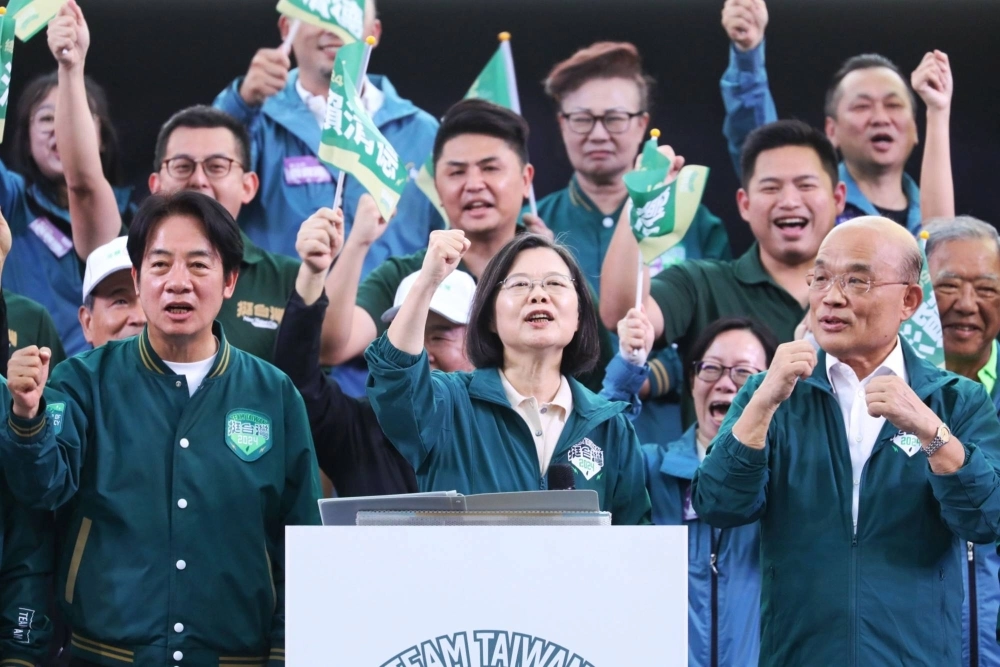During the Cold War, Taiwan was governed by a military dictatorship that masqueraded as “Free China” to shore up its anti-communist credentials and crucial American support.
Under the presidency of Tsai Ing-wen, a now-democratic Taiwan has re-imagined the old formula: “China” is downplayed given rising Taiwanese nationalism and antipathy towards the neighboring communist juggernaut, while the island’s liberalism is trumpeted alongside its prowess in semiconductor fabrication.
As the leader of the free world, the United States has pride of place in Tsai’s foreign policy for strategic reasons.

















With your current subscription plan you can comment on stories. However, before writing your first comment, please create a display name in the Profile section of your subscriber account page.